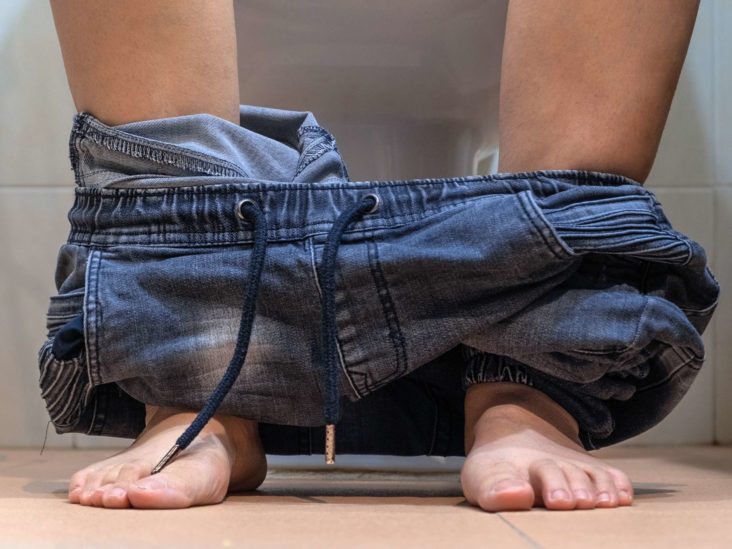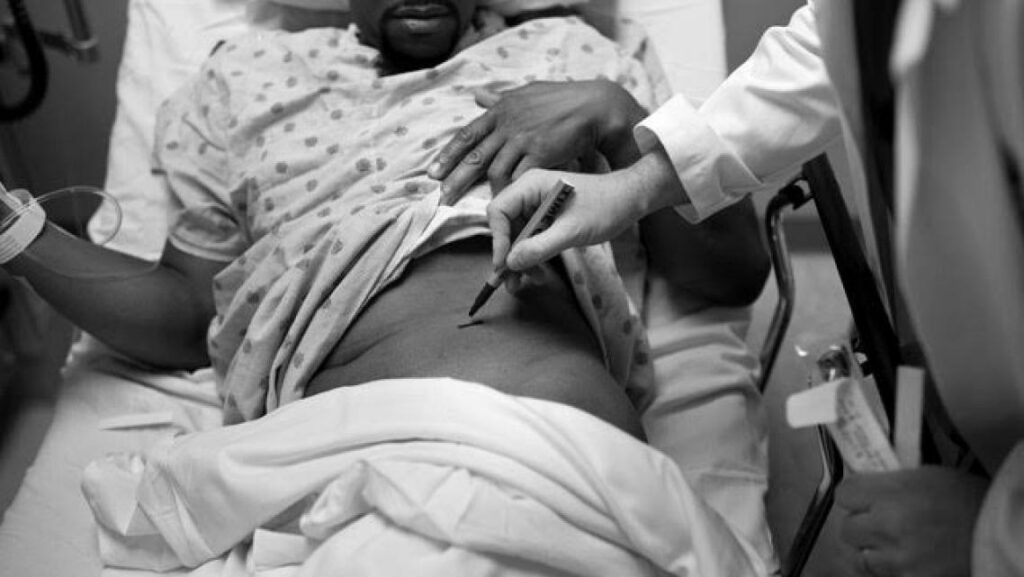The number of times you need to urinate every day depends on a number of factors including your fluid intake, what types of fluids you’re drinking amongst other things. This frequency of urination varies by individual and as with everything else, you should have an idea what is normal for you. If you start to notice that your frequency of urination is increasing, then you may need to seek medical advice.This is because frequent excessive urination might be a sign of a health problem.
If you wake up several times a night to urinate, then you are suffering from a condition referred to as nocturia. Many things can cause nocturia, such as the excessive consumption of alcohol or caffeine, certain medications, diabetes, or a urinary tract infection. Nocturia afflicts both men and women. Women tend to start suffering from the need to urinate frequently as early as age 30 (as some urinary problems are related to pregnancy and childbirth) and men may first experience the nightly urges in their 50s.
A few causes of increased urinary frequency include:
High Salt Intake
Salt adds much-needed flavor to food. However,when people consume too much of the spice, it may lead to excessive water retention. When you go to sleep at night, your body works to metabolize the fluid and salt, which causes you to wake up and have to relieve yourself several times at night. Avoiding salt helps cut down on the need to urinate. In addition, excessive salt causes the sensation of a sudden urge to urinate, which comes on quickly and may be uncomfortable.
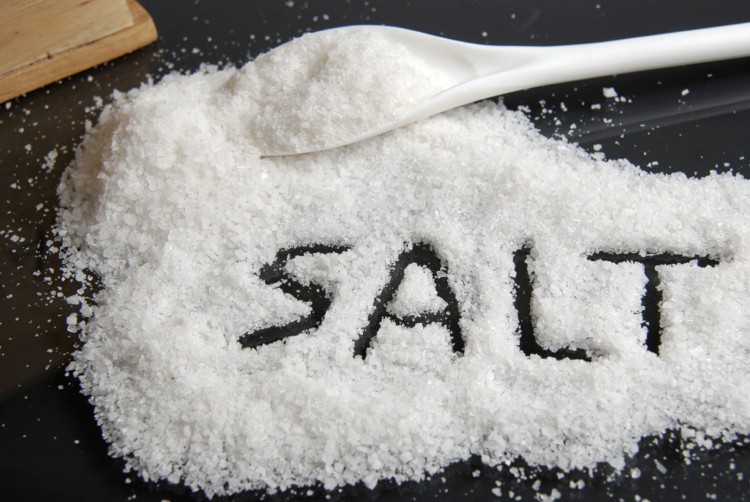
Diabetes
One of the first symptoms of diabetes is increased frequency of urination.People who suffer from type 1, type 2, or gestational diabetes, typically experience this. It is often accompanied by increased hunger and thirst, weight loss and fatigue. If you suspect that you might have diabetes, then you should consult with your physician. Diabetes can lead to disability or death if left untreated.
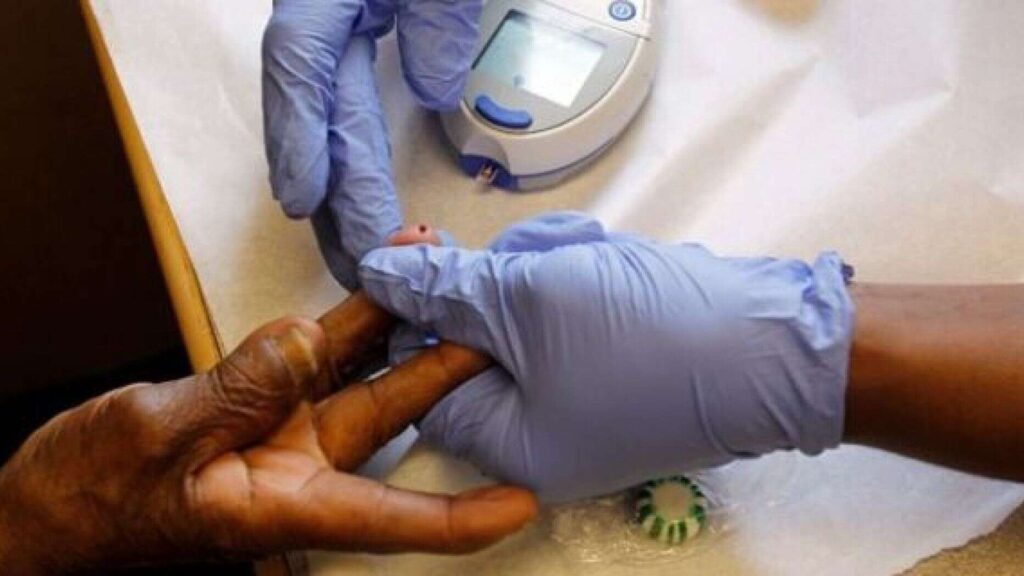
Anxiety
Anxiety urination can spring up during times of unrest and worry. It is believed that nighttime urination happens because of muscle tension. When you are worried and anxious, then your muscles become tense. The tension within your body applies tightness and pressure to your bladder, which causes you to feel like you need to urinate. Anxiety also activates the fight or flight response within your body, which causes your physical response to start to feel overloaded so you feel like you can’t hold it and you must immediately relieve yourself.

Elevated Blood Pressure
Studies have shown elevated blood pressure (hypertension) causes excessive fluid accumulation in the body. At night, you’ll feel a greater need to urinate often. Controlling your blood pressure will help ease the nocturia so you can again get a restful night’s sleep. Often, elevated blood pressure is controllable through healthy dietary choices, weight control, regular exercise, lower salt intake, little or no alcohol consumption, and no smoking/nicotine use. If living a healthy lifestyle doesn’t help to ease the problem, then you might need to discuss the possible need for prescription blood pressure medication to lower your blood pressure and stop the frequent urination.

her blood pressure monitored.
Prostate Problems
The prostate gland is an organ found in men that is wrapped around the male urethra (the tube through which urine passes to the outside of the body). This organ starts to increase in size with age and many men often start to suffer from an enlarged prostate. Also, a prostate infection can cause pelvic inflammation. The increased size of the prostate puts pressure on the bladder, causing those affected to experience varying urinary symptoms including frequency and urgency. However, the stream of urine is often weak, making it difficult to completely empty the bladder, and it might take forever to eliminate. Treatment of urination problems that occur as a result of an enlarged prostate vary and depend on the underlying prostate condition that is causing the gland’s growth.
Kidney Infection
A kidney infection (pyelonephritis) is a painful and unpleasant illness caused by bacteria travelling from your bladder into one or both of your kidneys. If you start to feel a sudden urge to urinate, suffer any burning or discomfort, have a fever, feel fatigued, have bloody urine, or experience nausea/vomiting, then you might have a kidney infection.The two main symptoms of a kidney infection are back pain and frequent urination. If treated with antibiotics straight away, a kidney infection does not cause serious harm, although you’ll feel very unwell.
If a kidney infection is not treated, it can get worse and sometimes cause permanent kidney damage.
Bladder Prolapse
Bladder prolapse (cystocele) occurs when the pelvic floor muscles suffer damage or weaken. The condition is quite common in women who have experienced multiple pregnancies. Heavy lifting can also lead to bladder prolapse. Symptoms include: problems peeing – such as feeling like your bladder is not emptying fully, needing to go to the toilet more often, or leaking a small amount of pee when you cough, sneeze or exercise (stress incontinence) The condition is often treated through pelvic floor exercises, medications, or surgery. Women can sometimes use a vaginal support device that helps alleviate the condition. In some situations, the sufferer may decide to just live with the condition and hope that it doesn’t worsen.
Neurological Disorders
The bladder is controlled via the brain, spinal cord tracts, sacral segments S2-S4 and peripheral nerves. Therefore, many neurological conditions affect bladder function.
The neurological problem may cause urinary frequency: this can occur in multiple sclerosis (MS) and has been reported as an early feature of cervical cord compression and tethered spinal cord syndrome (TSCS).
The neurology may cause retention of urine, which either results in increased frequency and true nocturia, or leads to overflow incontinence, which may be misinterpreted as nocturia.
A neurological diagnosis can only be made after excluding other possible causes and management is usually handled by a neurologist.
Tumors
Tumors, either malignant or benign, can occur in or around the bladder and cause frequent urination. This also includes pelvic tumors such as ovarian or uterine tumors, including fibroids. The growth of the tumor puts pressure on the bladder and the pelvic floor muscles. When you lay down, the positioning places a strain on the organ, and you feel an even greater need to go to the bathroom. It’s important to pay attention to the changes in your body because frequent (bloody) urination is one of the main symptoms of bladder cancer. Early diagnosis is key in successful cancer treatment.
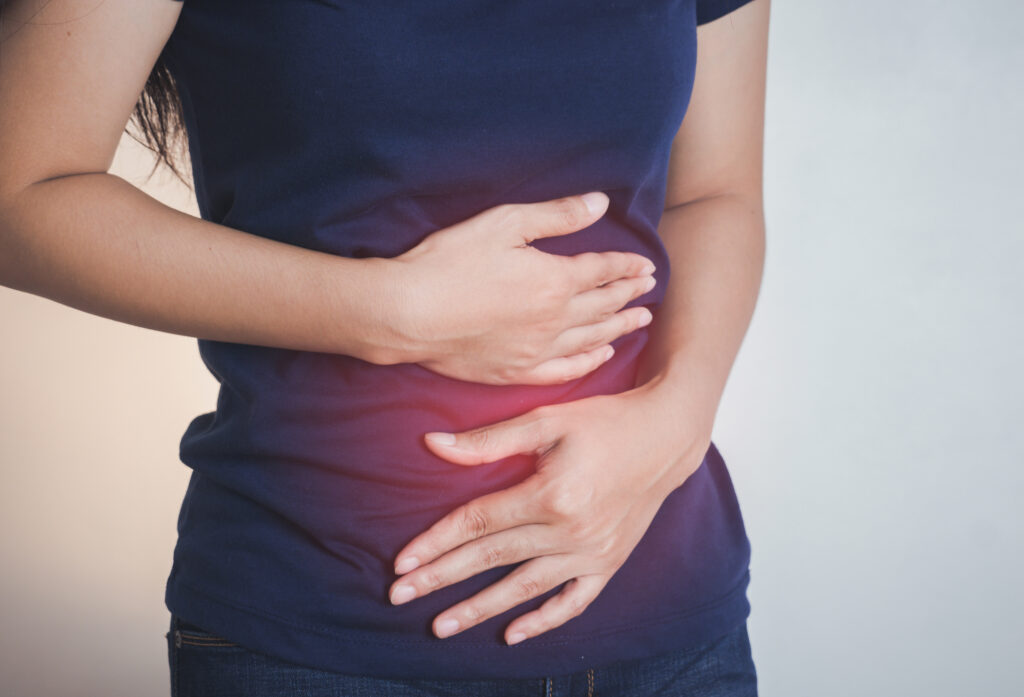
Young girl with stomach pain






